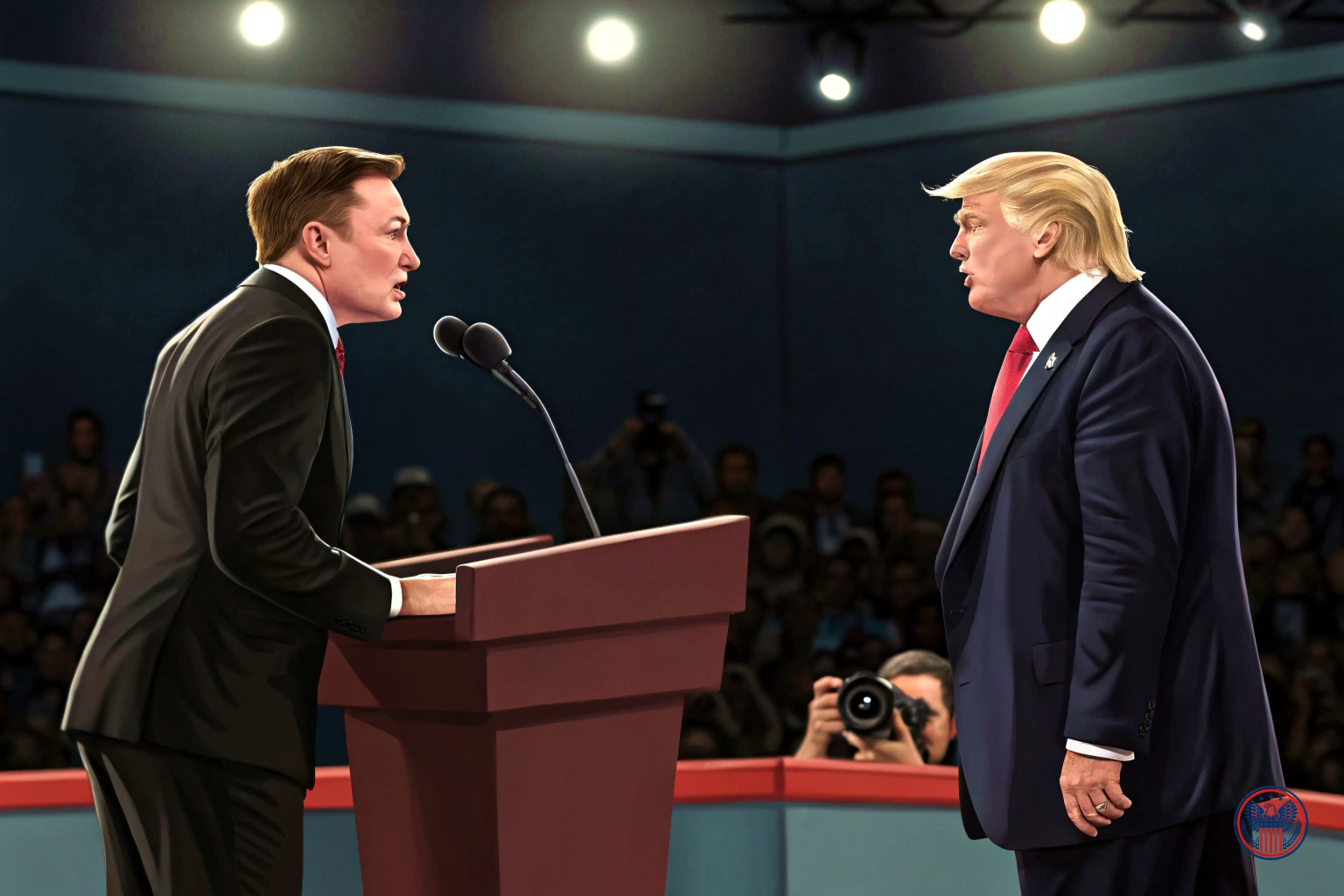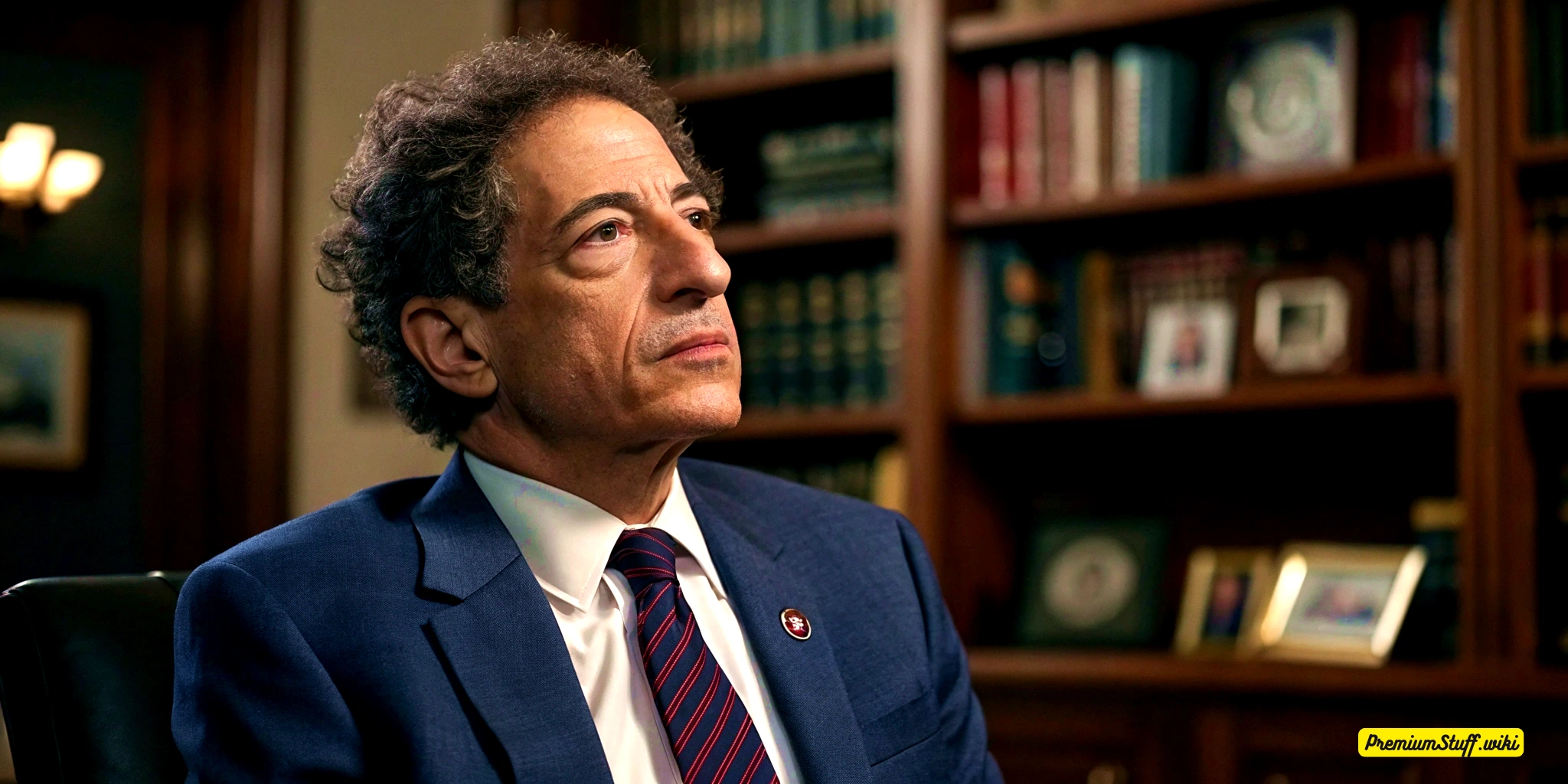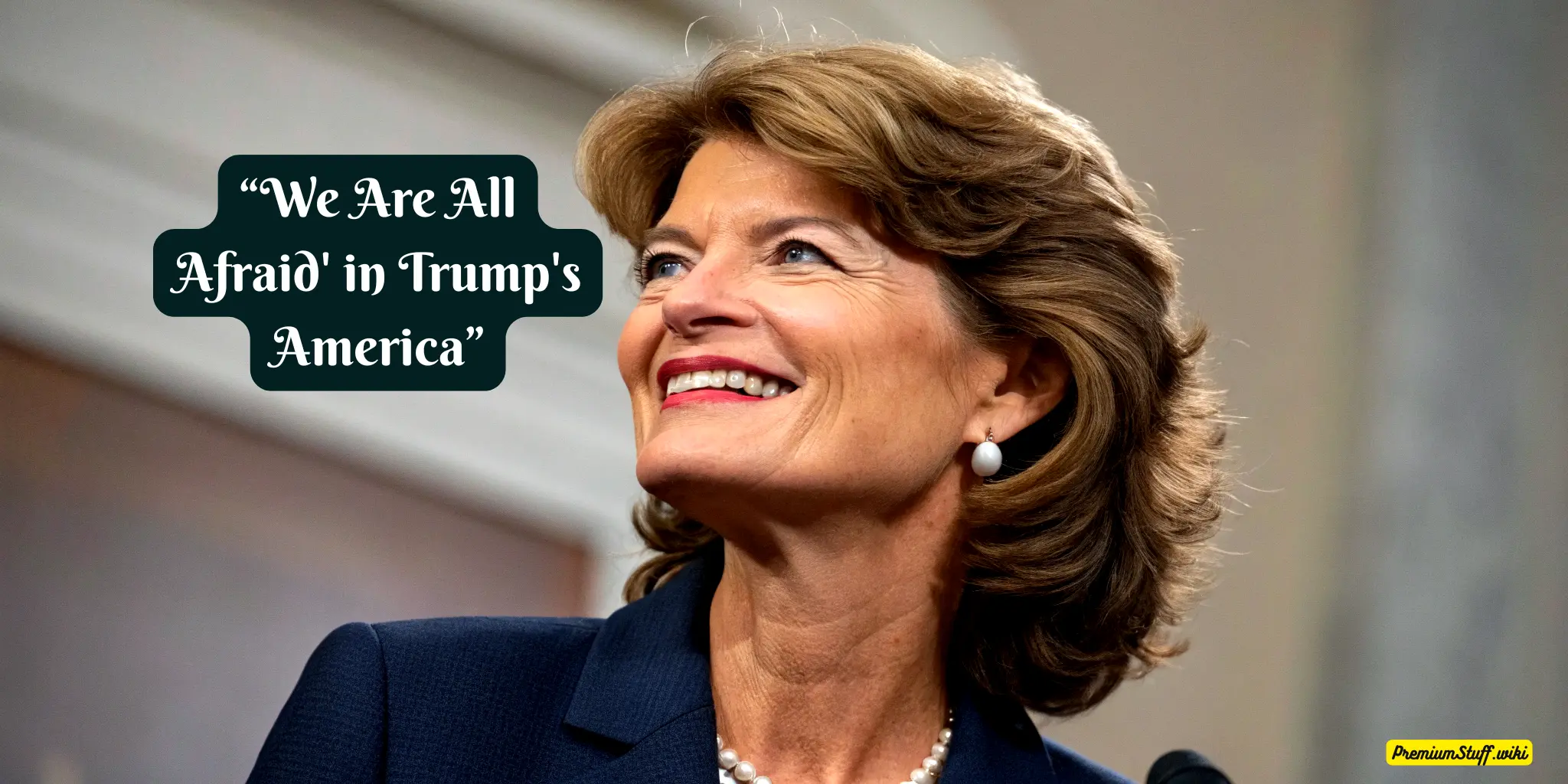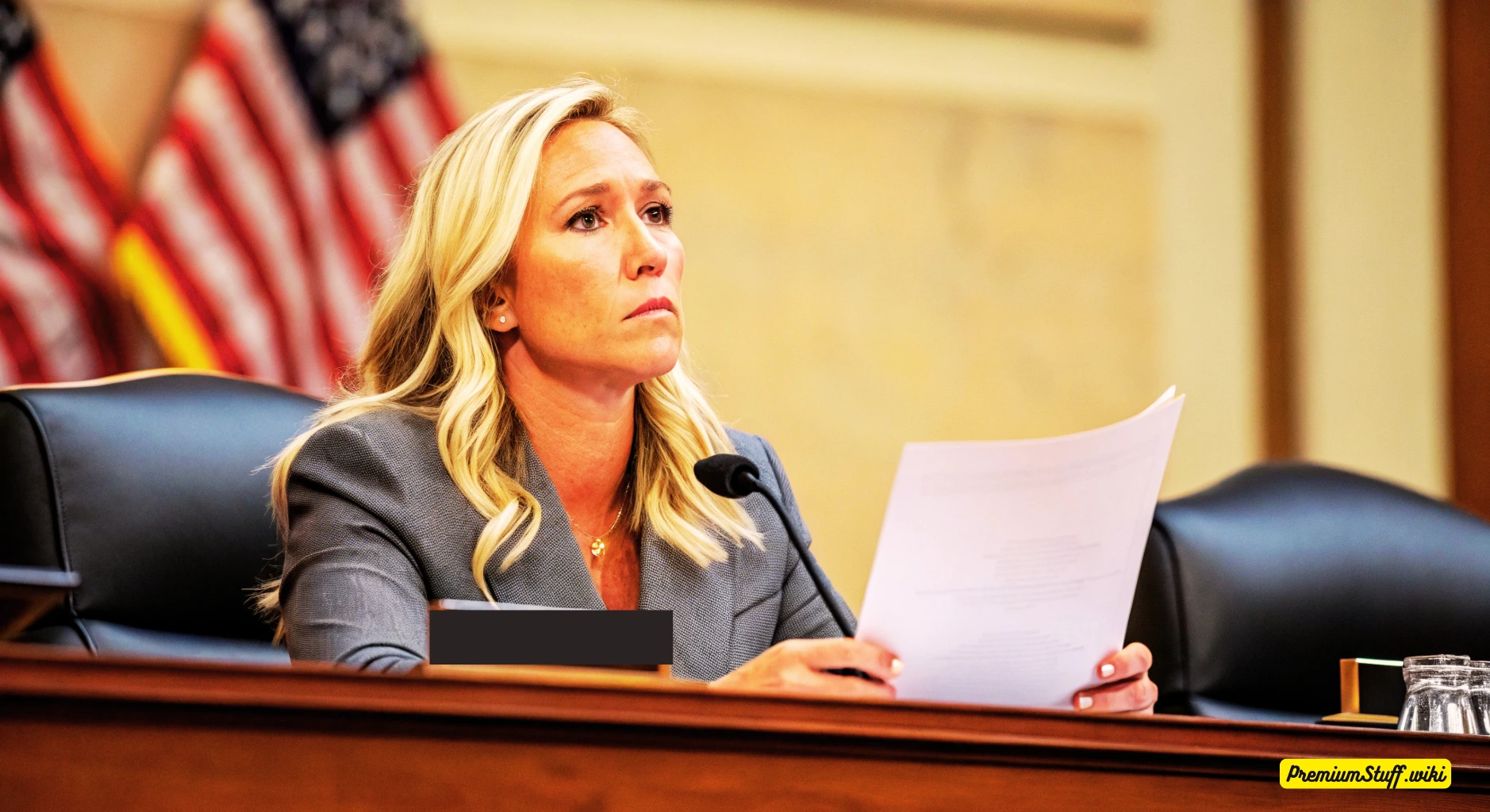Virginia Governor Race Tests Trump’s Appeal Ahead of Midterms
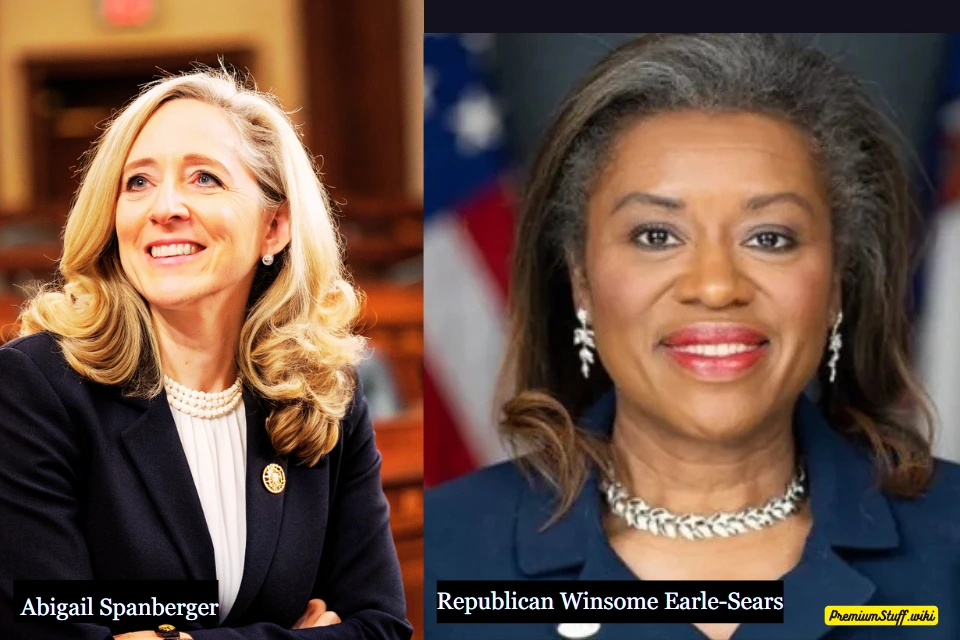
The battle to lead Virginia is heating up, and it could signal how Americans feel about President Donald Trump’s second term. For the first time in the commonwealth’s 400-year history, voters will elect a woman as governor this November. Democrat Abigail Spanberger, a former CIA officer and congresswoman, faces Republican Lt. Gov. Winsome Earle-Sears, a Marine veteran and businesswoman. If Earle-Sears wins, she would also become the first Black woman elected governor in U.S. history.
Trump’s policies loom large over this contest, particularly cuts to the federal workforce orchestrated by his Department of Government Efficiency (DOGE), formerly led by Elon Musk. Northern Virginia—home to over 300,000 federal employees—has been hit hard by layoffs, with projections suggesting 32,000 total job losses statewide this year. Democrats see this as a potent vulnerability, framing Spanberger as a defender of Virginia jobs against what she calls “dangerous” federal policies. Internal GOP polls show only 39% of Virginians view DOGE favorably, and nearly half know someone affected by the cuts.
Spanberger campaigns as a pragmatic centrist, leveraging her national security background to advocate for gun safety reforms and economic protections. She promises to sign bills banning high-capacity magazines and ghost guns—measures vetoed by outgoing Republican Gov. Glenn Youngkin. Her platform focuses heavily on affordability, including housing, energy, and prescription drug costs. “I’m standing up for Virginians in opposition to policies that are bad for them,” she recently told supporters, while rolling out plans to mitigate federal cuts.
Earle-Sears, meanwhile, positions herself as the natural successor to Youngkin, whose business-friendly policies remain popular. She champions lower taxes, including abolishing Virginia’s unpopular local car tax, and defends Trump’s government overhaul as necessary to eliminate “waste, fraud, and abuse.” As an immigrant from Jamaica, she often shares her American Dream story, telling voters, “Freedom means you keeping as much money that you make in your own pocket.” Yet she faces criticism within her own party over campaign discipline and messaging consistency. Some GOP operatives privately worry her team lacks focus compared to Spanberger’s well-funded operation.
The race also highlights sharp divides on social issues. Earle-Sears opposes abortion rights—supporting a 15-week ban—and same-sex marriage, having signed recent legislation on both issues while noting her “moral opposition.” Spanberger, endorsed by EMILY’s List, vows to protect reproductive freedom in Virginia, the last Southern state without major abortion restrictions. Democrats aim to frame Earle-Sears as out-of-step with voters on these issues, while Republicans attack Spanberger’s congressional votes on immigration and policing.
Historically, Virginia’s off-year elections punish the sitting president’s party. Since 1977, the opposition party has won the governorship in all but one cycle. Recent polls give Spanberger a slight edge, with one showing her leading 46% to 43%. She also holds a massive fundraising advantage, with nearly $23 million raised to Earle-Sears’ $9.2 million. High Democratic early voting turnout—189,000 ballots cast in primaries despite no contested gubernatorial race—suggests energetic opposition to Trump.
Beyond the governor’s mansion, all 100 seats in Virginia’s narrowly divided House of Delegates are up for grabs, along with lieutenant governor and attorney general posts. The outcomes will shape policy on voting rights, education, and infrastructure in a state still grappling with Youngkin’s attempted voter roll purges. With New Jersey’s gubernatorial race as the only other 2025 contest, national eyes are fixed here for clues about Trump’s coattails—and the mood heading toward 2026 midterms.
For Virginians, the choice is deeply personal: stability versus disruption, continuity versus change. For America, it’s the first electoral test of Trump’s revived presidency—and a preview of battles to come.

